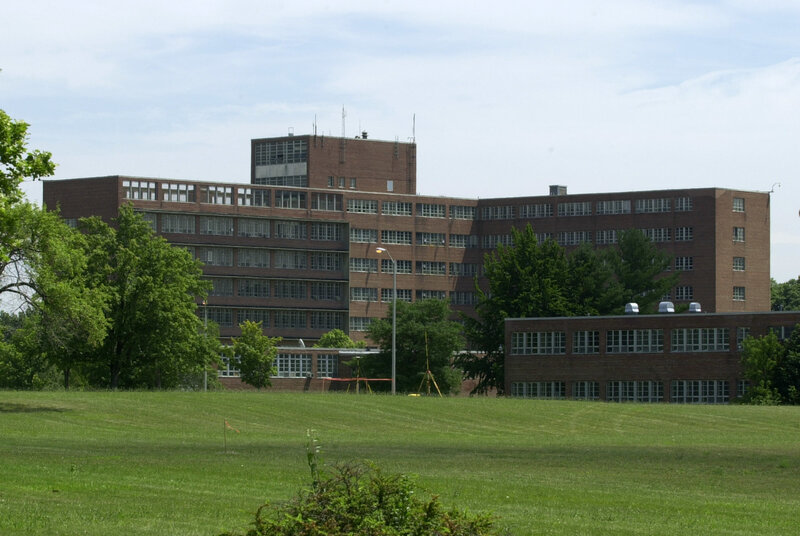By Sarah Purtill
Impunity Watch Reporter, North America
Washington, D.C., U.S. – Psychiatric Services published a study that estimates about 3.4% of Americans suffer from some sort of serious psychological problems. That amounts to over 8 million Americans, roughly the population of New York City. What’s worse is that there is a severe shortage of inpatient care in the United States which continues to rise wit the number of people suffering from psychological problems.

The Treatment Advocacy Center, a nonprofit organization that works to remove treatment obstacles for people with mental illness, published a study finding that, in 2012, there were only 50,509 state psychiatric beds. In raw numbers, that means that there were only 14 beds available for every 100,000 people suffering from a mental illness.
“Many times individuals who really do require intensive psychiatric care find themselves homeless or more and more in prison,” said Dominic Sisti, director of the Scattergood Program for Applied Ethics of Behavioral Health Care at the University of Pennsylvania. “Much of our mental health care now for individuals with serious mental illness has been shifted to correctional facilities.”
Of the facilities that are still up and running today, many do not accept insurance. Considering most cost upwards of $30,000 a month, many people cannot afford the care. For low income individuals, their only hope is that they qualify for Medicaid. But even Medicaid has its limits. A provision in the law prevents the government from paying for long term care in such institutions.
Since so many cannot afford the care that they need, many end up in the emergency room during a mental health crisis. “We are the wrong site for these patients,” Dr. Thomas Chun, an associate professor of emergency medicine and pediatrics at Brown University, told NPR last year. “Our crazy, chaotic environment is not a good place for them.” Usually, hospitals only take people who need such care for up to 72 hours. At that point, they are released back into the community.
Over the last decade, the disappearance of such long term care facilities and psychiatric beds has increased. This is because of a trend in deinstitutionalization in the 1950’s and 60’s that has continued through today.”State hospitals began to realize that individuals who were there probably could do well in the community,” says Sisti. “It was well-intended, but what I believe happened over the past 50 years is that there’s been such an evaporation of psychiatric therapeutic spaces that now we lack a sufficient number of psychiatric beds.”
One place people may find new support is Nonprofits. NAMI Appalachian South, a regional chapter of the National Alliance on Mental Illness is one such nonprofit in North Carolina.
For more information, please see:
Smokey Mountain News – Nonprofits Offer Support, Funding to Mental Health – 21 February 2018
North West Herald – President Donald Trump’s Focus on Mental Health After School Shooting Denounced – 19 February 2018
NPR – How the Loss of U.S. Psychiatric Hospitals Led to a Mental Health Crisis – 30 November 2017